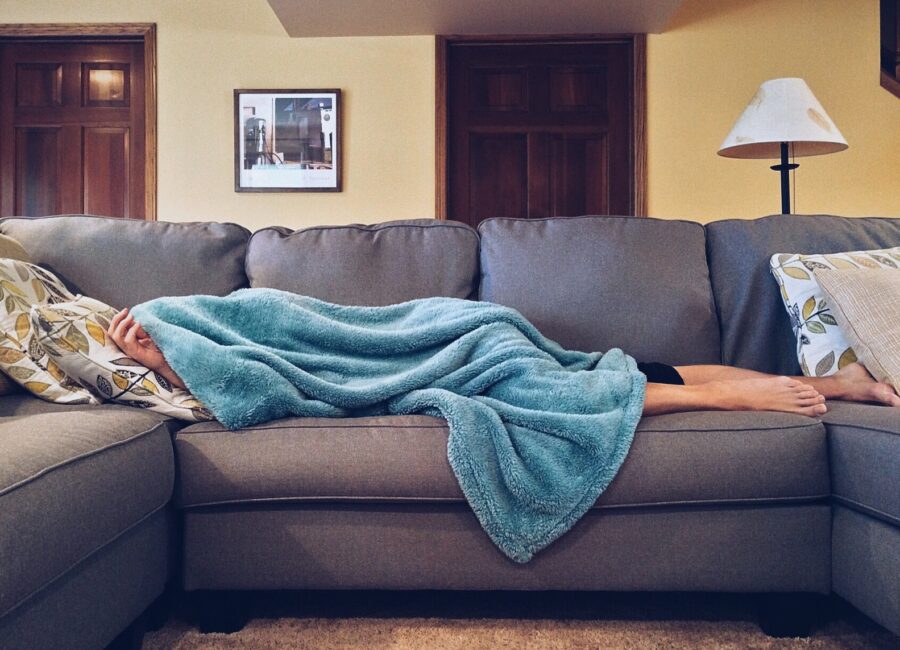Parental burnout is a form of physical, mental, and emotional exhaustion that occurs while parenting. Sometimes, being a parent is not easy, but everyone can understand this. Sometimes you are tired of taking care of children to the point where you feel stressed. Reporting from Healthline, this condition is known as parental burnout.
What is parental burnout?

According to Aggarwal, a neurologist and life coach, parental burnout are physical, mental, and emotional exhaustion that occurs when a father or mother is tired of taking care of a child.
The impact varies, ranging from emotional distance from the child, irritability, and depression to confusion.
Fortunately, this condition is only temporary. There are various ways that parents can do to deal with it.
The characteristics of parental burnout

Quoted from Healthline, the characteristics of parental burnout in each parent are different. Some parents may experience physical symptoms, while others may experience emotional disturbances.
The following are common symptoms of parental burnout:
- Feeling tired all the time
- Feeling helpless, hopeless, and constantly doubting yourself
- Head, neck, and muscle pain
- Loss of motivation
- Changes in appetite or sleep patterns
- Feeling alone (lonely)
- Irritable
- Demonstrate self-isolation behavior.
Parents who experience parental burnout are also at risk of abusing alcohol to illegal drugs to calm themselves.
Not only that, but this condition can also affect your relationship with your partner, causing communication problems and tension.
How to deal with parental burnout
There are several ways you can do to deal with parental burnout, including:
1. Communicate your feelings

If you are experiencing parental burnout, you first need to communicate it with your partner. Let your partner know that you need support to resolve this issue.
Don’t be shy about asking your partner for help. Even though you and your partner have been married for years, they can’t read your mind. Therefore, ask your partner for use, so you do not go through these difficult times alone.
2. Exercising

When Stressed about taking care of your kids, try exercising. Physical activity can increase energy and help the body produce happiness hormones. Not only that, but exercising can also relieve stress and depression.
There is no need to go to the gym; you can do many exercises to overcome parental burnout, one of which is walking around the house for 10 minutes.
3. Get enough sleep

Sleep has a vital role in maintaining mental health. However, it would be best if you admitted it, and it is difficult for parents who have babies or small children at home to get enough sleep.
Even so, don’t use that as an excuse not to sleep. Ask your partner to help babysit so you can get some sleep.
During the day, you can also try taking a 20-minute nap. This habit can relieve stress, increase focus, and help you control your emotions.
4. Rest if possible
In addition to sleep, it also can advise resting yourself. You can do many things while resting, such as drinking tea or coffee, sitting on the sofa, and watching cartoons with your children.
5. Be patient with yourself
Raising children can be challenging. Feelings of frustration and fatigue may arise. Therefore, allow yourself to feel the emotions in your heart and mind.
You don’t have to face everything alone. Remember, you are a human who cannot do everything alone and tries to be patient.
6. Ask a psychologist for help

If you are worried about your mental health due to parental burnout, it never hurts to come to a psychologist and ask for help.
Mental health professionals such as psychologists can provide tips and tricks you can do to control your symptoms.
How to prevent parental burnout

Sometimes, parental burnout is unavoidable. However, there are several things you can do to reduce the risk or even prevent this problem, such as:
- Ask the babysitter for help
- Exercise regularly
- Set realistic expectations for yourself and your child
- Love yourself
- Give tasks to children according to their age.



